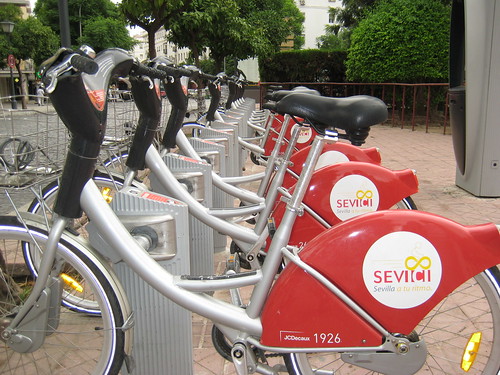Jon Wellinghoff is the Chairman of the United States Federal Energy Regulatory Commission (FERC) – the FERC is the agency that regulates the interstate transmission of electricity, natural gas, and oil.
I recorded an interview with Jon a few weeks back. The resulting video was too good to reduce to a single piece, so I split it into two. I published the first part of the interview a couple of weeks ago, this is part two.
In this second video we discussed:
- Why it is a good thing for utilities that customers consume less electricity – 0:36
- How smart grids help increase the penetration of renewables on the grid – 2:12
- How electric vehicle owners are being paid up to $3,600 per annum to provide regulation services for utilities while charging! – 2:54
- How renewable energy sources can be used as baseload power (no coal or nuclear baseload need ever be built) – 4:34

